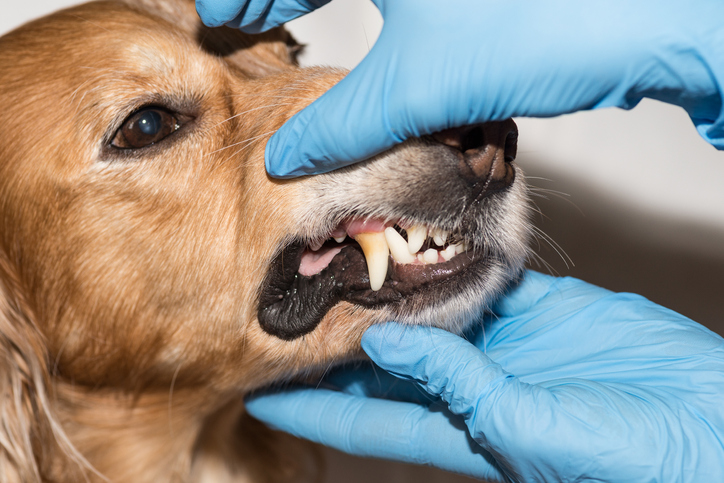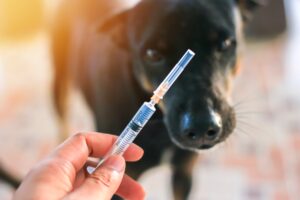It’s no secret to any pet owner that the breath of our furry friends can be . . . well, anything but pleasant. But can we really blame them? They lick their own butts, for goodness’ sake!
But then there’s that other smell—akin to rotting vegetables—a very good sign that a veterinarian needs to be called ASAP.
Tooth decay in dogs and cats is no laughing matter. And keeping up with the dental hygiene of your animal is very important—not only for the obvious health of their teeth, but for the health of their entire bodies. If dental issues are left untreated, they can lead to far more than just tooth decay. It can also affect your animal’s kidneys, liver, and heart.
You’re probably already convinced that the dental health of your pet is important, but here’s some more information from our Huntington, NY, animal hospital, just in case.
What is Veterinary Dentistry?
Just like human dentists, veterinary dentists clean, adjust, fill, extract, and repair teeth. These procedures can be performed by a veterinarian or a board-certified veterinary dentist (in some states, vet technicians can also perform certain procedures under supervision).
Unfortunately, because animals can’t comprehend the need for dental care, they typically need to be put under anesthesia for an oral exam. While there are always risks when putting an animal under anesthetics (but it’s safer than you might think*), it’s usually necessary for the safety of everyone involved—the animal included.
The exam itself will include thorough cleaning and evaluation. Then, if necessary, a series of x-rays will be taken.
Signs of Dental Trouble
Yearly check-ups should be scheduled, but there are signs that owners can observe to know when it’s time to bring their pet in sooner. They may include:
- Bad breath (as already mentioned)
- Broken or loose teeth
- Extra teeth (or remaining baby teeth)
- Discolored teeth (could mean they are covered in tartar)
- Chewing, drooling, or dropping food that seems abnormal
- Reduced appetite
- Evidence of pain in or around the mouth
- Bleeding
- Swelling
- Behavioral changes of any kind
Causes of Dental Problems
Although cavities are not primarily a main concern for dogs and cats (as they typically don’t have high-sugar diets), there are several other issues that can arise inside of their mouths. They include:
- Chipped or broken teeth
- Periodontal disease
- Broken roots
- Abscesses
- Infection
- Cysts or tumors
- Misalignment (of teeth and bite)
- Broken jaw
- Palate defects
Of these, the most common is periodontal disease—the result of infection and inflammation (gingivitis) of gums and bone surrounding teeth. This disease is so common among dogs and cats, in fact, that most pets will have evidence of it by the time they’re 3. It starts out with plaque (a gummy substance that forms after a meal is eaten) that hardens (within 24-48 hours) and becomes tartar (a rough and porous surface that serves as a place for bacteria to grow in the mouth). Unfortunately, the plaque and tartar below an animal’s gumline are harder to see and remove than those above, and that is where infection and damage sets in.
The levels of the disease are rated on a scale of 0 (normal) to 4 (severe). Therefore, early detection (hopefully at the 0 scale) of periodontal disease is important, but not just only for the obvious health of your animal’s teeth. If left untreated, it could also cause consequences on their kidneys, liver, and heart muscles.
Prevention of Pet Tooth Decay
Fortunately, besides taking your pet to the vet for a dental cleaning and examination at least once a year, there are things you can do to prevent or lessen the effect of dental issues. Arguably the most important aspect is preventing tartar build up.
Prevention for Cats
A Dental Healthy Diet
Feeding them a Veterinary Oral Health Council (VOHC) accepted dental diet slows the accumulation of plaque, which in turn reduces tartar development.
Wipe Teeth with Q-Tips
Wiping the outside of their teeth with a Q-tip twice a day is an effective way to remove plaque before it has the chance to turn into tartar. You can dip the Q-tip in tuna juice to make it more acceptable.
Using a VOHC-accepted Tartar Prevention Product
Using a VOHC-accepted tartar prevention product can help reduce the bacteria in your cat’s mouth.
Prevention for Dogs
A Dental Healthy Diet
Like with cats, feeding your dog VOHC-accepted dental diet slows the accumulation of plaque.
Brushing or Wiping Your Dog’s Teeth Daily
Make sure you only use products that are specifically made for dogs, not humans. We have tips on how to brush your pet’s teeth here.
Purchasing Tartar Reducing Chew Toys and Treats
Consider purchasing tartar reducing or removing chew toys and treats for your dog. In contrast, toys like bones, horse hoofs, antlers, ice cubes, and nylon toys may break teeth.
*- Before the anesthesia is administered, your dog or cat will be carefully screened through bloodwork and other tests to ensure they do not have any underlying disease that would make the anesthesia dangerous. Once that is complete, and the anesthesia is given, a professional will monitor your pet, record vital signs, and communicate findings to the veterinarian.
Our Huntington, NY, Vets Can Help with Preventing Cat and Dog Tooth Decay
Our veterinarians in Huntington, NY, are here for your pet and can help with your pet’s prevention of tooth decay with regular dental exams and cleanings, and any tooth extractions that may be needed.
To schedule your pet’s dental exam, give our Huntington, NY, animal hospital team a call at (631) 271-8383.





